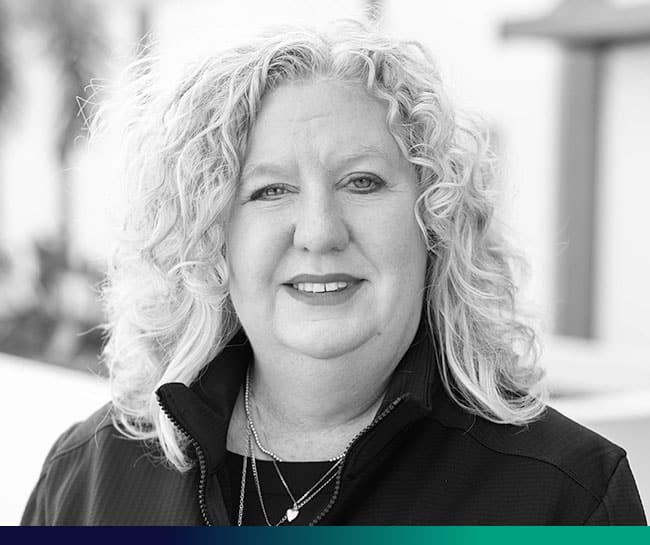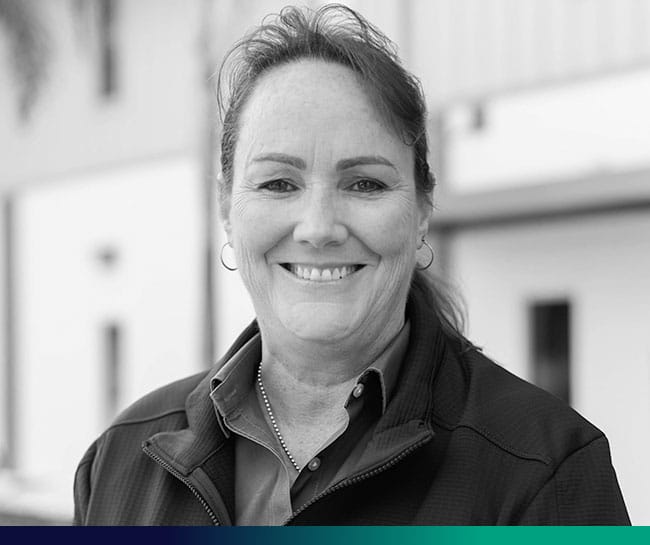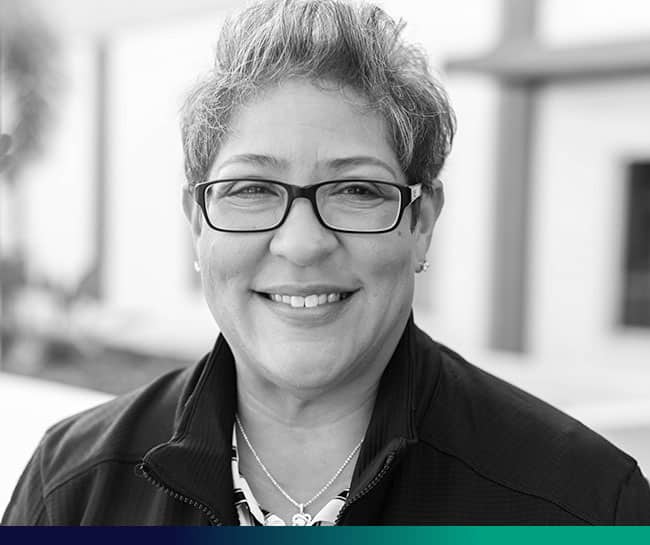
Healthcare Heroes: A Guide to Self-Care for Professional Caregivers

Caregivers play a crucial role in society, providing essential support and assistance to those in need. Whether working in healthcare, social services, or personal caregiving, these dedicated professionals often find themselves tirelessly attending to the needs of others. Our LUKE caregivers are a perfect example of the caregiving role in action. They support Customs and Border Protection by providing supervision and care of minors in their custody, many of whom are unaccompanied, scared, confused, and do not speak English. Our caregivers ensure they feel safe and receive the care and support to which they are entitled.
In the midst of caring for others, it’s easy for caregivers to neglect their own well-being. We’d like to shed light on the importance of self-care for professional caregivers and have provided practical tips for caregivers to maintain a healthy work-life balance.
The Noble Calling of Caregiving
Caregivers are the unsung heroes of our communities. They devote their time, energy, and compassion to ensure the well-being of those who cannot fully care for themselves. While this calling is noble and fulfilling, it comes with its unique challenges. Professional caregivers often face long hours, emotionally demanding situations, and the risk of burnout. Recognizing these challenges is the first step towards understanding the critical need for self-care in this profession.
The Importance of Self-Care
Self-care is not a luxury; it is a necessity, especially for those in the caregiving profession. Neglecting personal well-being can lead to physical and emotional exhaustion, reduced job satisfaction, and compromised quality of care. By prioritizing self-care, caregivers can enhance their resilience, prevent burnout, and continue to provide effective support to those in their care.
Practical Self-Care Tips for Caregivers
- Establish Boundaries
One of the most significant challenges for caregivers is setting boundaries. It’s essential to recognize that while the desire to help others is commendable, there must be limits to avoid overextension. Be sure to manage your time commitments (especially if trying to work more than one job or taking on other responsibilities like volunteering at church or your child’s school), always take your breaks, and plan for personal time. Communicate these boundaries with friends, family, colleagues and supervisors to ensure a healthy work-life balance.
- Seek Support
Professional caregivers often witness challenging and emotionally charged situations. It’s crucial to have a support system in place, whether it’s through colleagues, friends, or professional counseling. Sharing experiences and seeking guidance can help alleviate the emotional burden that comes with the caregiving profession. LUKE employees can access an Employee Assistance Program (EAP) through their ADP portal that provides work-life balance and wellness support.
- Prioritize Physical Health
Maintaining physical health is integral to effective caregiving. Regular exercise, a balanced diet, and sufficient sleep contribute to overall well-being. Ensure that you schedule time for physical activity and prioritize nutritious meals. Adequate rest is essential for recharging both the body and the mind.
- Practice Mindfulness
In the midst of hectic schedules and demanding responsibilities, practicing mindfulness can be a powerful tool for caregivers. Simple meditation exercises, deep breathing, or short breaks to clear the mind can help reduce stress and improve focus. Mindfulness techniques contribute to a more centered and composed approach to caregiving.
- Take Breaks
Caregivers often feel guilty about taking breaks, fearing they might be neglecting their responsibilities. This is especially true on days off when taking care of household chores, family needs, or supporting a church of school community. However, breaks are not a sign of weakness but a necessity for maintaining sustained energy and focus. Whether it’s a short walk, a moment of relaxation, or a brief pause for reflection, taking breaks is essential for long-term well-being.
- Invest in Hobbies
Engaging in activities outside of work is crucial for maintaining a sense of individual identity. Hobbies provide a positive outlet for stress, allowing caregivers to unwind and recharge. Whether it’s reading, painting, gardening, or any other interest, dedicating time to personal hobbies is a valuable aspect of self-care.
- Continuous Learning
The caregiving profession is dynamic, with new challenges and advancements emerging regularly. Continuous learning not only enhances professional skills but also provides a sense of accomplishment and growth. Attend workshops, conferences, or online courses to stay updated and motivated in your field. LUKE provides on-going training and learning opportunities to its caregivers.
Professional caregivers are the backbone of compassionate and supportive communities. Recognizing the challenges they face and the importance of self-care is vital for sustaining the well-being of both caregivers and those under their care. By implementing practical self-care tips, caregivers can nurture their physical, emotional, and mental health, ensuring they continue to make a positive impact on the lives of others while maintaining their own fulfillment and balance. Remember, taking care of oneself is not a selfish act but a necessary step towards becoming a resilient and effective caregiver.



















